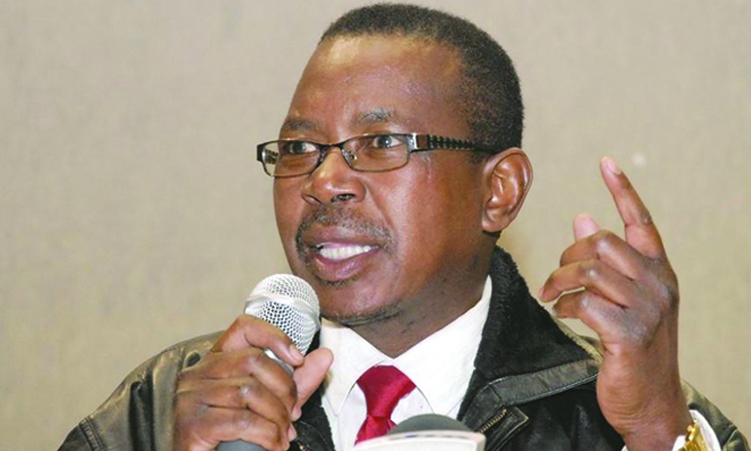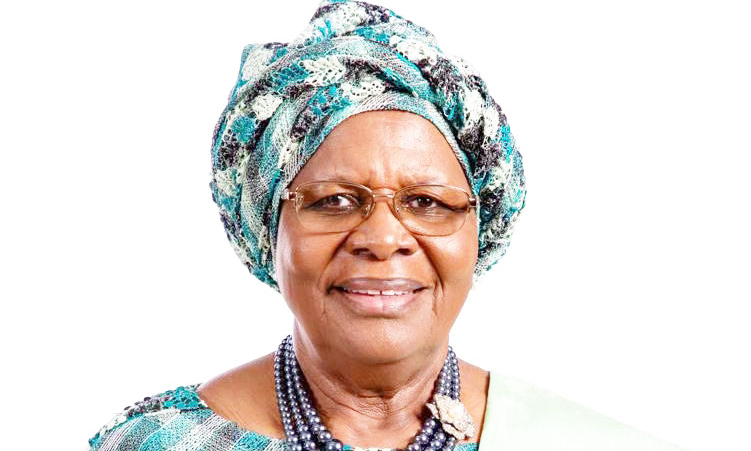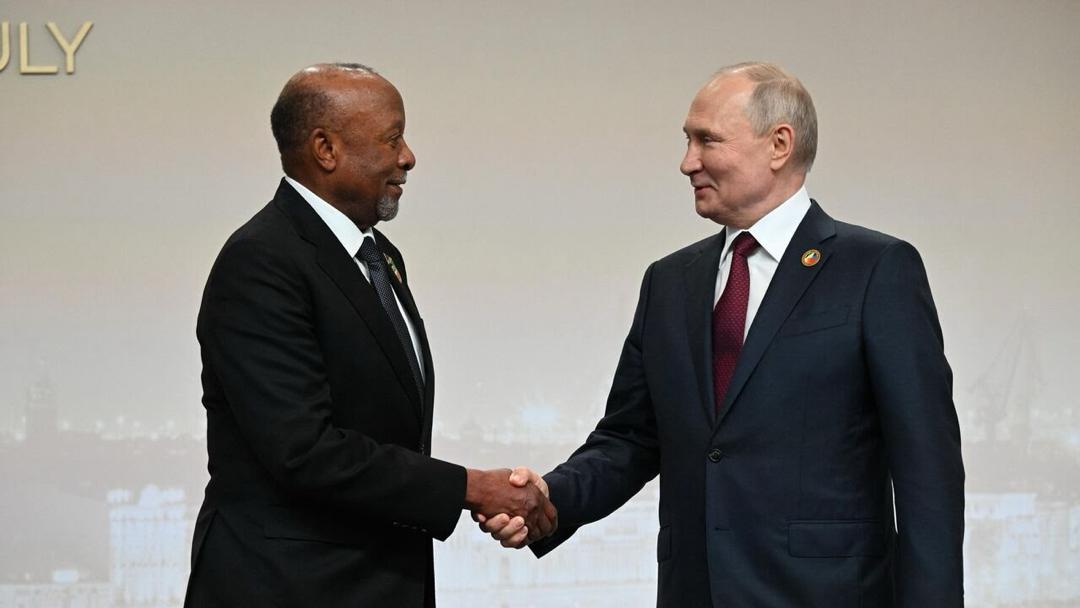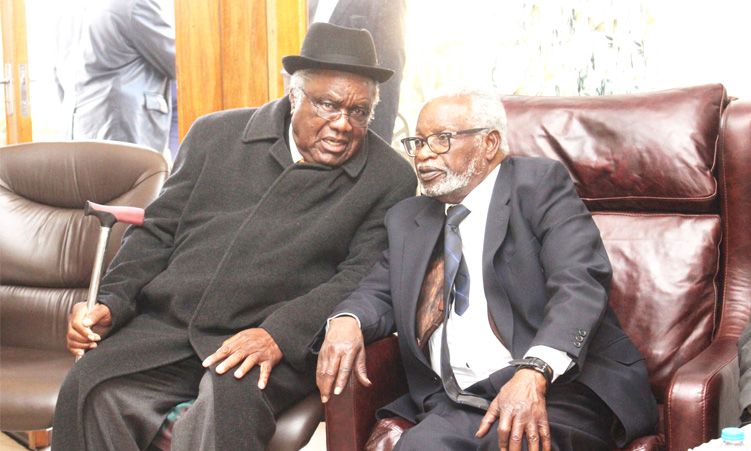Political analyst Ben Mulongeni says a woman president-elect cannot be referred to as ‘meekulu kaadona’ or ‘meme president’.
This is disrespectful, uncultured and “hooliganistic”, he says.
He says the term ‘meekulu kaadona’ is slang and inappropriate when referring to a woman president, adding that only president-elect Netumbo Nandi-Ndaitwah’s friends and family could use these terms.
Mulongeni made the remark about the headline ‘African leaders congratulate ‘Meekulu Kaadona’ on becoming president’ that was published in yesterday’s edition of The Namibian.
“Meekulu kaadona’ is not even a word to begin with. You cannot call the president ‘meekulu kaadona’ as young as you are. It is disrespectful and uncultured. “Calling the president ‘meekulu kaadona’ is like you are belittling her,” he says.
Mulongeni says a queen in the Ovakwanyama culture is referred to as ‘meekulu’ or ‘kuku’, or even ‘tatekulu’, which is only appropriate in the Oshiwambo culture, but one cannot call the queen ‘granny’ or ‘tannie’.
“The right term to use in this case is just ‘meme’ or ‘meekulu’ to replace ‘Mrs’.”
However, the term ‘meme’ could also be misinterpreted as it has colonial connotations.
“When you call someone ‘meme’ it could mean they are Oshiwambo-speaking or uneducated,” Mulongeni says.
Academic Petrus Mbenzi says the term ‘meekulu kaadona’ is offensive and should not be used to refer to someone in any context.
He says the term ‘meekulu’ only is more appropriate as it symbolises seniority and respect.
“For someone who occupies the highest position, whether young or old, they qualify to be called ‘meekulu’. I really don’t know who came up with the word ‘meekulu kaadona’, because it’s so inappropriate.

“I have heard it a couple of times, but I don’t like it. It is offensive,” he says.
Mbenzi says the term ‘meme’ is also acceptable, but does not show much respect.
“’Meme’ is even less respectful than ‘meekulu’,” he says.
Arts academic Nashilongweshipwe Mushaandja says the term ‘meme’ is a formal way of referring to a women’s title and equates to ‘madam’ or ‘Mrs’.
“So it’s quite formal, something I would refer to my mother, but I would also use it if I was introducing somebody,” he says.
Mushaandja believes calling Nandi-Ndaitwah “meme president” is appropriate.
“In fact, during her campaign, she was referred to as the mother of the nation, meaning grandmother, like a loose translation, like ‘grandmother girl’,” he says.
“These terms are in our indigenous languages and they don’t sound as professional, if I can say that. And particularly because it’s a woman,” he says.
He says the debate around this term revolves around patriarchy.
“I think it has everything to do with patriarchy and that there are so many songs written, for example, about that. There’s never been a debate. Why is there a debate now? Because it’s a ‘meme’,” he says.
Mushaandja says Namibians can imagine ‘tates’ in government positions, but ‘memes’ only in the home.
The academic urges Namibians to embrace the term ‘meme’.
“Because that’s what we voted for, right? We voted that we wanted a ‘meme’ to lead us.”
Stay informed with The Namibian – your source for credible journalism. Get in-depth reporting and opinions for
only N$85 a month. Invest in journalism, invest in democracy –
Subscribe Now!










